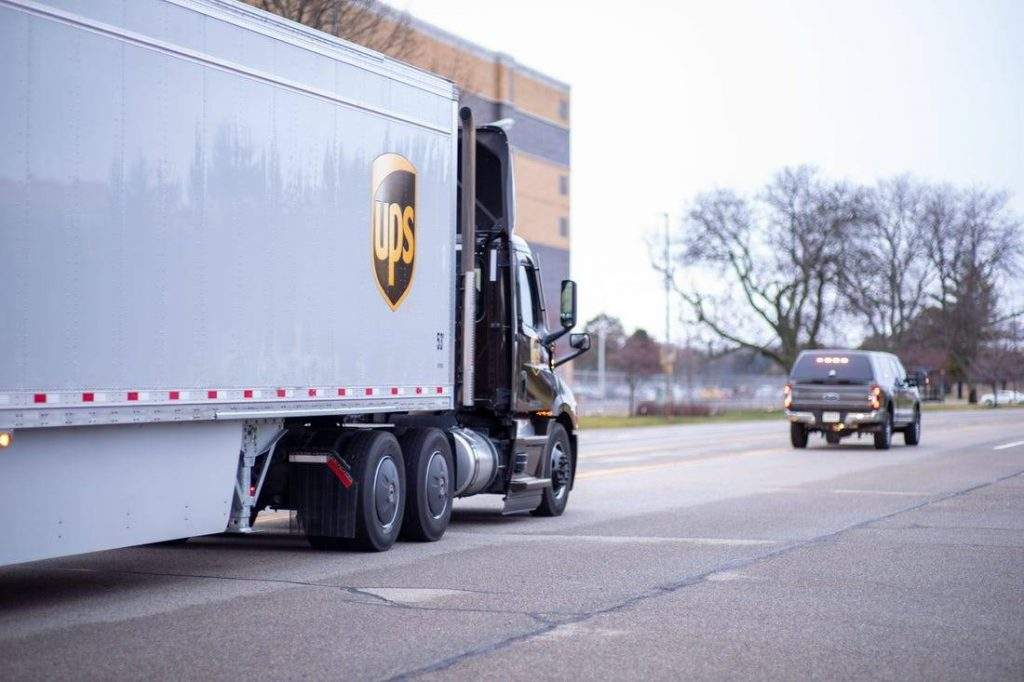If you have a B2B business that provides supplies to rural businesses — guesthouses, let’s say — it can be difficult to serve them impeccably. The poor accessibility of the guesthouses poses a challenge, not to mention the faulty roads your vehicles pass.
Transportation problems plague many rural areas around the world. In India, for example, there are some villages that aren’t connected by waterways and railways. The U.S., despite being a first-world country, also experience rural transportation challenges. According to the country’s Federal Highway Administration, 40% of roads in rural areas are “inadequate for travel.” In addition, nearly 50% of 20-ft. long bridges are deemed “structurally deficient”.

To mitigate these shortcomings, rural residents in the U.S. use personal automobiles as their primary means of transportation. But due to environmental limitations, many rural roads are made from gravel or dirt, both of which pose safety hazards. So if personal autos struggle on these roads, how much more will delivery trucks suffer?
Fortunately, there are now reliable couriers who can transport supplies to rural businesses without a fuss. These freight forwarders can access hard-to-locate places, from small communities to secluded rocky terrains. However, logistical challenges in other rural areas still persist. This is a huge disadvantage for businesses there because they rely on metropolitan companies for their supplies.
Physical Distribution Issues
One of the toughest aspects of rural transportation is physical distribution. Using the guesthouse example once more, let’s say you are a bedding supplier. Guesthouses change a room’s bedding after its occupant checks out. Hence, they need hefty stocks of fresh bedding. But the roads leading to their location are unsafe and faulty, so your bedding deliveries often get delayed.
Communicating with the guesthouse manager would have a sound solution, but the communication lines in rural areas tend to be faulty, too. Networks signals are low. Even if you activate your smartphone’s mobile data, you won’t likely get a speedy connection.
While a good freight forwarder eases transportation burdens, they won’t magically eliminate the physical distribution issues in rural areas. They will only reduce it. What a rural area needs are government-planned solutions, such as the improvement of infrastructure and communication lines. Travel frequency in rural regions is increasing since many national parks in the U.S. are there. Hence, providing a safe and reliable infrastructure to tourists and businesses is imperative.
Uncoordinated Programs and Services
Rural communities in the U.S. often face challenges in fragmenting and duplicating services, such as Medicaid or Veteran Affairs services. This is caused by the lack of coordination between local and state agencies. It results in inefficient use of limited resources.
To alleviate this issue, the U.S. National Network for the Transportation Workforce acted as a regional coordinating body for transportation workforce programs in rural areas. Its mission is to improve rural transportation systems catering to clients in the same geographical area.
High Costs of Delivery
Because of the distance and poor road conditions, delivery trucks accumulate high fuel costs when traveling to rural areas. The low-density population is also a contributing factor because fewer people mean fewer taxpayers. As such, maintaining transportation systems becomes harder. Constructing new ones is infeasible as well because there’s nothing to finance such a project with.
Providing Manpower
You can build a branch of your B2B business in a rural area. That will decrease your transportation costs since you just have to deliver a bulk of stocks to the branch every once in a while, instead of making smaller deliveries to different guesthouses every month or so. But if your strategy is to deploy some of your employees to the rural branch, that may not work well.
Metropolitan sales associates will only excel in rural areas if they can blend in with the people there. If your sales team isn’t willing to mingle with a new demographic, then you have to hire people from your branch’s location. Consequently, that will incur training costs. But either way, creating a rural branch will cost a lot.
Language Barrier
Many countries have more than one language. If you’re from such a country, you may encounter communication problems when serving clients with a different native language. Having a sales staff who can speak your clients’ mother tongue is advantageous in this case. But otherwise, your sales team should amend their speech so that your clients will understand them clearly, and vice-versa.
It seems that despite today’s technology, many places around the world still suffer outdated systems and services. Thanks to outstanding freight forwarders, transportation challenges are mitigated. But short-term solutions only do so much. Rural areas deserve permanent solutions to make their economy and population prosper.